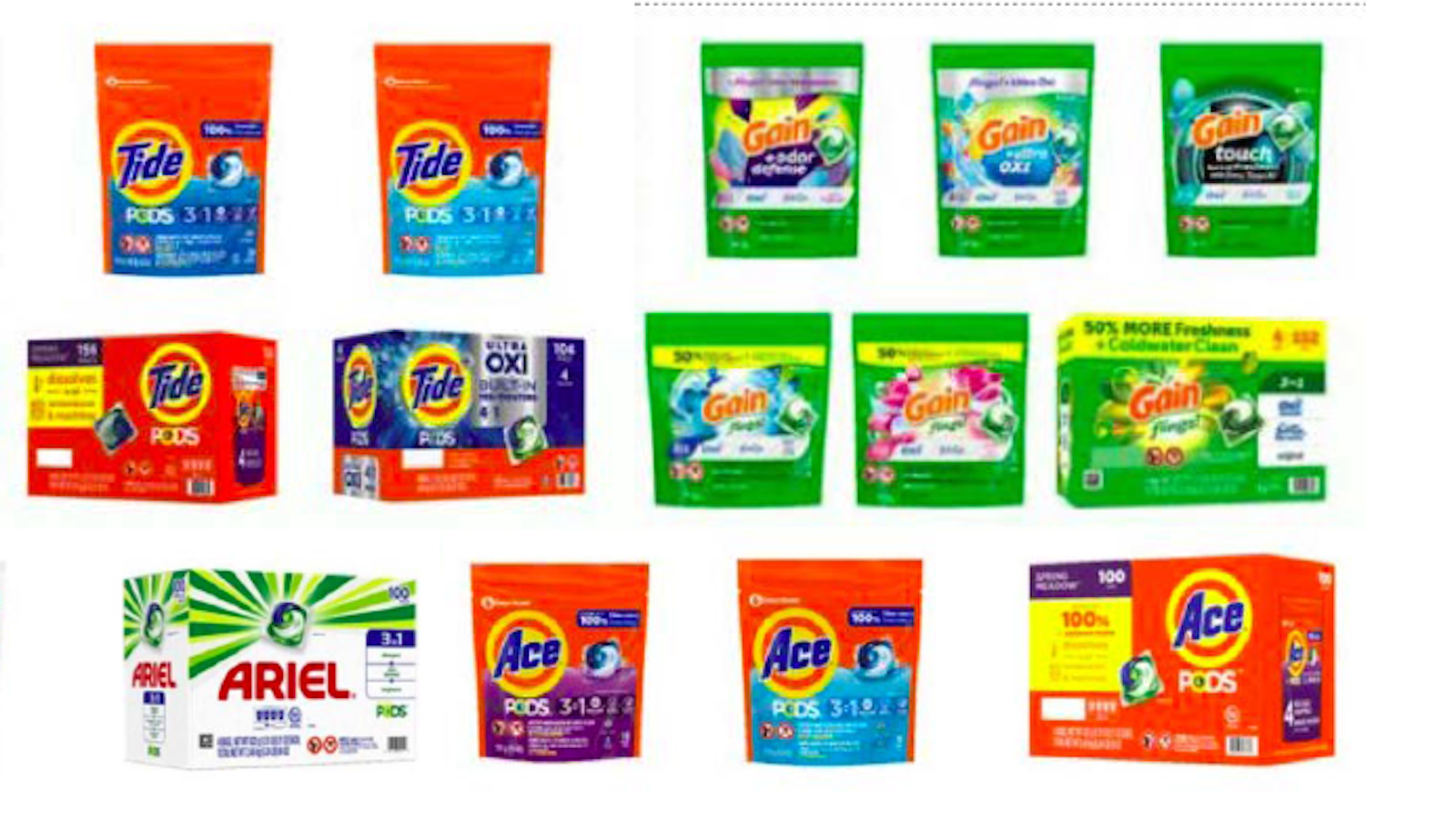In October, US PIRG and Frontier Group released a report on how the pandemic has affected auto leasing and lending. We found that, like in a lot of industries, the pandemic has exacerbated already serious issues and has brought them to the forefront of our attention. And when my colleagues suggested that I make a vlog on this topic (the above video), I realized that the whole report revolves around one question: what does buying a car look like during a pandemic?
On a scale of puppies to long security lines at the airport, I’d say finding financing for your car in 2020 falls in the ‘not fun’ range. The Consumer Financial Protection Bureau (CFPB), which keeps track of complaints against vehicle leasing and lending companies, found that more than 2,800 auto loan complaints have been submitted since March. That is the highest five-month spike in the history of their Consumer Complaint Database. It doesn’t end there; complaints about being denied auto loan payment relief surged to double pre-pandemic volumes. Since March 1, more than one in five auto loan and lease complaint story narratives have mentioned the COVID-19 pandemic.
The complaints in the CFPB’s Consumer Complaint database tell us stories of deceptive add-ons, broken billing and payment systems, high pressure sales tactics, and yo-yo financing. Let’s walk through what each of those are.
Deceptive add-ons are like the mints, gum, and candy at the checkout counter at a grocery store, if the store clerk waved them in your face and told you that you should really REALLY buy them because your breath is terrible and if you don’t buy them your blood sugar will get too low. In the lending and leasing world, they’re the insurance products, service plans, or motor club membership that you really don’t need, but that the agent really wants you to buy.
Broken billing and payment systems are poorly maintained websites that crash when you try to make a payment, or that are always down. This is an incredibly perplexing issue, since one would presume that these companies want your money, and so would make it easy to make a payment. That is exactly what some complaints in the CFPB database say – consumers don’t get why companies make it so hard to get paid.
High pressure sales tactics are what I wrote about in a previous blog post, all about ‘the box’. But the long and short of it is that lenders want you to feel so overwhelmed and stressed out that you’ll agree to whatever kind of payment or add-on to leave the room they’ve stuck you in for hours.
Yo-yo financing is my least favorite of all these, not just because it’s very illegal. It’s called yo-yo because as you’re driving away in a car that you’ve been told you can leave in, you get yanked back into the dealership because “your financing has fallen through” and the only way you can keep your new car is to pay a higher interest rate or a higher monthly payment. If this happens to you, call a lawyer.
Our report and the vlog go into more detail on all of this. Both also detail the changes our policy makers need to do to make buying a car reasonable and fair. US PIRG also has a handy guide, called Buying a Car Consumer Guide, that can help you navigate the issues above.






